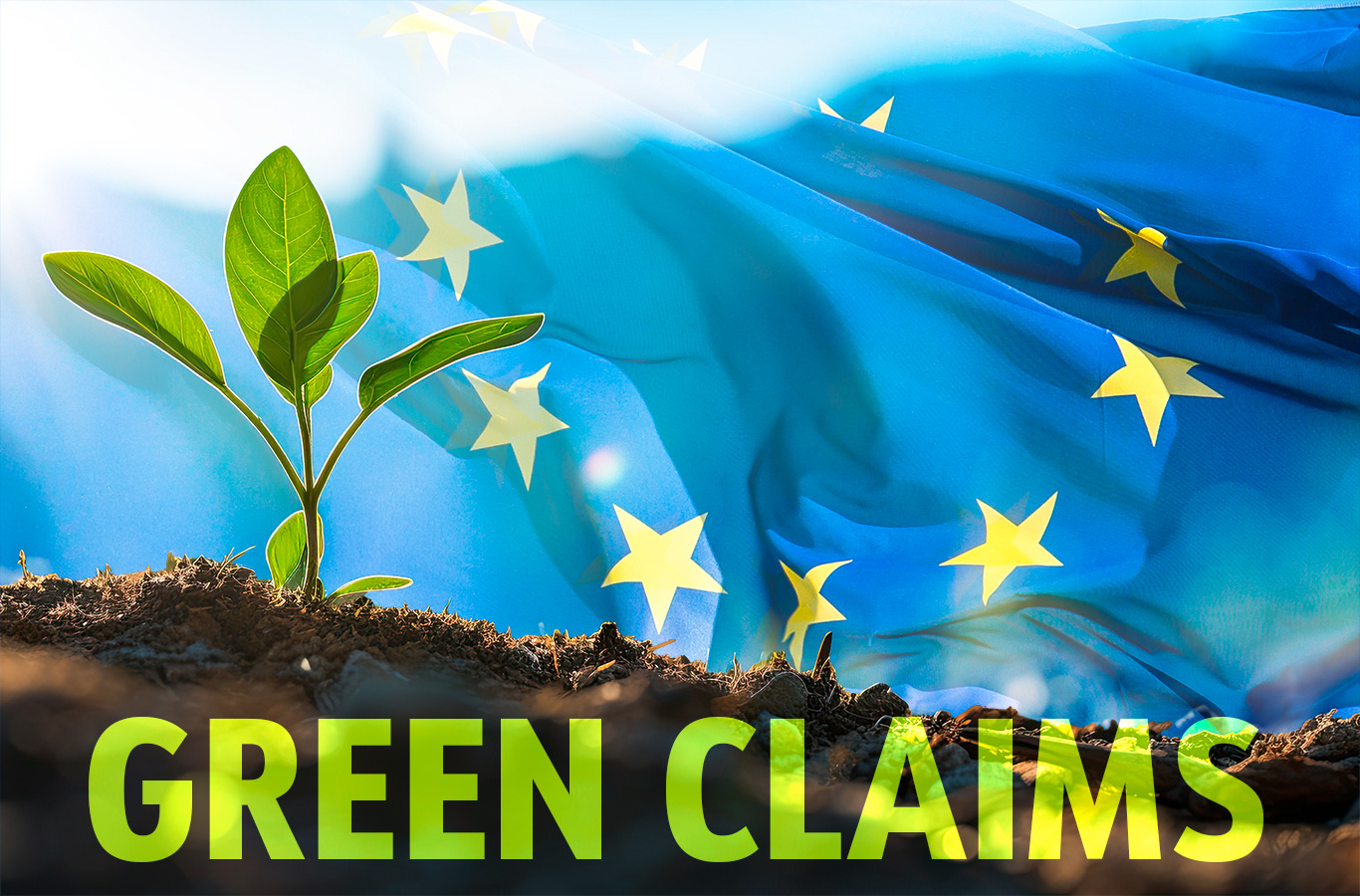


A large number of environmental claims or labels are existing in the European Union, a significant number of which are vague, misleading and unsubstantiated. Therefore, the EU Commission has submitted a proposal for a Directive on substantiation and communication of explicit environmental claims (Green Claims Directive). The aim of this directive is to tackle false environmental claims by ensuring that buyers receive reliable, comparable and verifiable information to enable them to make more sustainable decisions and to reduce the risk of “greenwashing”.
A general legal framework on unfair business-to-consumer commercial practices has existed at EU and national level for a long time (Directive 2005/29/EC). With the Green Claims Directive, the EU Commission wants to legally curb greenwashing in B2C product and corporate communication in more detail by means of clear guidelines.
Companies shall be subject to environmental due diligence obligations. Detailed requirements are laid down in the Directive regarding
Claims shall only be made on the basis of scientifically verifiable methods. Thus, product and company information must be substantiated and subjected to prior evaluation and verification before it becomes public.
The Directive also includes a penalty system including fines (at least 4 % of the trader’s annual turnover in the Member State or Member States concerned), confiscation of revenue and exclusion from public procurement for maximum 12 months. In addition to being punished as a regulatory offence or criminal offence, violations against the law can also lead to claims for injunctive relief and damages under competition law.
Industry’s criticism of the draft EU Green Claims Directive focuses on
Following the EU Commission’s proposal for a Green Claims Directive, industry including exporters into the European Union should prepare for potential consequences already today.
National labels, self-labels or labels of private actors will have a hard time after adoption of the Directive. An external certifier/verifier must produce an appropriate certificate of conformity that is recognised by the competent authorities of the EU Member States. Companies should give appropriate importance to the legal verification of product- and company-related environmental claims and address arising risks in in-house compliance programmes. It is important to critically review company and product-related sustainability communication now and adjust it if necessary. Early preparation can protect against future legal consequences and generate competitive advantages.
A vote on the draft Green Claims Directive in the European Parliament is planned in March 2024, that means before the European elections in June 2024. As soon as the Green Claims Directive is adopted, the EU member states must transpose it into national law within 24 months.